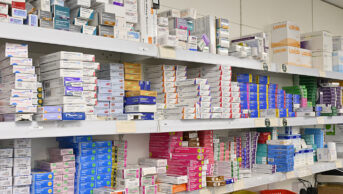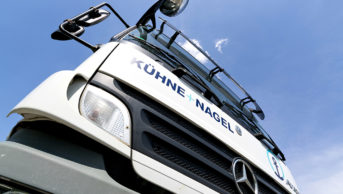
Courtesy of British Generic Manufacturers Association
The government is set to increase the amount of funding pharmaceutical companies will have to rebate the NHS on drug sales, resulting in an estimated £152m of savings by 2021.
A consultation response published on 3 December 2018 revealed that the government’s payment percentage for pharmaceutical companies, which currently sits at 7.8%, is set to increase from next year. Companies will be expected to pay back 9.9%, 14.7% and 20.5% in 2019, 2020 and 2021, respectively, on money received from the NHS in drug sales.
According to the Department of Health and Social Care’s (DHSC) impact assessment of these changes, the NHS could save £152m on its medicines bill by 2021 as a result of the rebates from drug manufacturers and wholesalers.
However, Warwick Smith, director general of the British Generic Manufacturers Association and the British Biosimilars Association, said the DHSC “has failed fully to reflect that competition drives greater savings and value for the NHS than unnecessary intervention in the market”.
He added: “We continue fundamentally to believe that the government should not intervene in pricing when there are already effective mechanisms, such as competition or tenders, to control prices of branded generics and biosimilars.”
The DHSC first considered increasing the payment percentages as part of a consultation in August 2018, when it had initially suggested increasing the rebate percentage to 15.8% in 2020 and 21.7% in 2021.
But its consultation response said the percentages were revised down “as new data on medicines expenditure has become available since the consultation, which has been used to update our estimates of future expenditure growth”.
The response also noted that the “majority of respondents disagreed with the proposal” to increase the payment percentage, with responses suggesting increasing the percentage will “threaten UK profitability, therefore generating risks for the supply of medicines”.
The payment percentage forms part of the statutory scheme for pharmaceutical pricing and applies to those drug manufacturers and wholesalers who have not signed up to the voluntary scheme.
The DHSC announced in November 2018 that it had agreed changes to the voluntary scheme, which it says will save the NHS almost £1bn annually.


